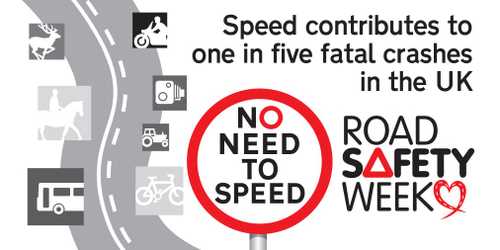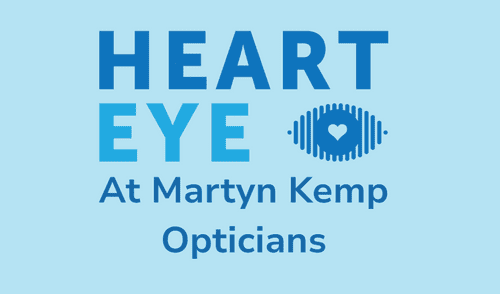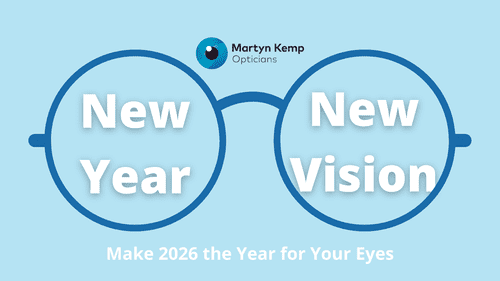Road Safety and Your Vision
As eyecare professionals, our main concern is ensuring that your vision meets the driving standards.

16th-22nd November is Road Safety Week. Road Safety Week occurs every year with the aim to inspire communities and individuals to act on road safety.
‘No Need To Speed’ is the theme for this year, with a focus on how speed is a major contributing factor to a high number of car accidents that occur in the UK every year. Speeding can not only make the roads unsafe for other drivers but also pedestrians, making it an important focus point for this year.
As eyecare professionals, our main concern is ensuring that your vision meets the driving standards. In the UK it is a requirement for drivers to be able to read a number place 20 metres away with contact lenses or glasses if needed. If you are a driver it is important to keep up to date with regular eye examinations, to not only assess your vision and update your prescription if needs be, but also look at the health of the eyes.
Our OCT and retinal imaging technology allow us to take in depth images and scans of the back of the eye, checking for any eye conditions or health concerns. Unfortunately, there are several conditions that can affect and reduce your vision, which is why we advise including these scans as part of your eye examination.
In 2017 the Association of Optometrists launched a driving vision campaign called ‘Don’t Swerve a Sight Test’. The campaign focuses on the importance of regular eye examinations for drivers to keep roads safe. The campaign has run each year, and this year the focus is on driving in the dark.
Now the clocks have gone back, many drivers and commuters find themselves navigating the roads in the dark. According to a study conducted by Green Flag in 2019, 9 percent of drivers admit to having been involved in a road traffic accident in the dark and 44 % avoid driving in the dark. Visibility is significantly reduced when driving in the dark without adding poor vision.
Along with attending regular eye examinations and monitoring your eye health, choosing the right lenses for driving is also important. When choosing your new pair of glasses, our dispensing opticians will assist you with picking something that is suitable for your needs and lifestyle. Having an anti-reflective coating on your lenses will help to improve your visibility in the dark by reducing glare and reflections from headlights and wet roads.
There are a handful of other things you can do to make driving at night safe for you and others.
1. Keep your windscreen clean. A dirty windscreen can cause glare and reduce your visibility. Make sure it is clean inside and out to improve your vision when driving.
2. Ensure your headlights are working and clean. Dirty headlights can reduce the range and brightness of your lights.
3. Bright lights inside the car can hinder your vision. If you can try and dim your dashboard and reduce the brightness on your satnav screen.
4. Don’t drive if you are tired. Make sure you are well rested and take plenty of break during a long journey.
If you have noticed a change in your vision, or would like to talk to a member of our team about updating your glasses please contact your local MKO today.



.png.png)
